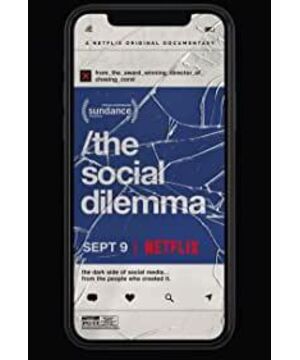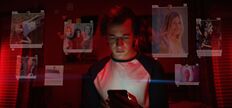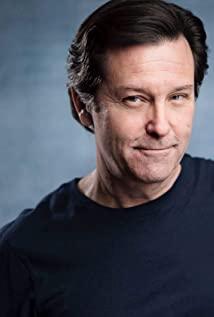When I first started watching this documentary, my heart didn't have too many waves. Maybe it's because the social software it exemplifies is far from my life, and the social problems they face (like bipolar politics or the disappearance of democracy) don't happen in my country. To hear a group of people describe the social media we are all about in such serious, even alarmist terms, was absurd before I thought about it.
After reading it, I gradually realized that although the situation is different, the problems they worry about are indeed universal. Take my own experience as an example. First, social media grabs too much attention from users. This is probably the consensus of heavy mobile phone users. Starting with ten hours of screen usage in my summer vacation, it's really too scary. Second, change the thinking that shapes you to make money. But the phenomenon goes deeper. All I can think of is the various media recommending me about right-angled shoulders (perhaps from my browsing behavior seeing my attention to appearance), it forces you to be aware of a body part you never pay attention to, And want to tell you through countless tweets that only right-angled shoulders are beautiful and you need to have it. When it disciplines you like this, it can push you fitness or medical beauty related advertisements. Similarly, I think there are so-called head-to-shoulder ratios and high cranial tops. Although I don’t pursue them with all my heart, I will unconsciously check these parts when I look in the mirror, which is also a burden in itself. So many girls who are troubled by eating disorders, I think there is no lack of "credit" behind them.
Third, about the isolation between the information cocoon and the community, the closest thing to me is probably the gender issue that is currently on fire. Since I was a child, there has been a phenomenon of preference for sons over women, so I am naturally sensitive to this topic. I often open some posts that describe relevant experiences without realizing it. I think this may have been captured by the supercomputer behind it. . There was a time when I didn't experience it, but firmly believed in sexism at work, harassment of so many women in the world, and so on, that I became a staunch feminist. (Of course, as I grow older, I do find many inequalities around me, so I still choose to fight for equal rights between men and women. But I have swiped relevant information on the Internet before and I am convinced that I think there is a problem with such behavior) and when You will feel extremely surprised and angry when you unconsciously read the so-called "high-priced bride price" and "Chinese women get too many benefits" on the Internet. The same people are fools and will stay away unconsciously. But in fact, think about it now, according to the algorithm, is the news and news pushed to the group of men all about the so-called women exploiting men?
Although this documentary made me realize some of the problems with social media, it brought me more confusion. In the overall social environment, even if I am clearly aware of the surveillance and manipulation of social media, what should I do? How do I know what's real and do I cut off my social media? But by living in a group, can I reduce the indirect impact of social media on me? I just saw a sentence in Modern Family today, "We are the way we are, because of the people we are with." How many people in the current crowd are not coerced by social groups? This documentary tells us to act and change, but I can't think of how I, as one in a billion, treated as a product by capital, can prevent my own alienation. And as the ancestor of the future human beings, what can I do?
View more about The Social Dilemma reviews











